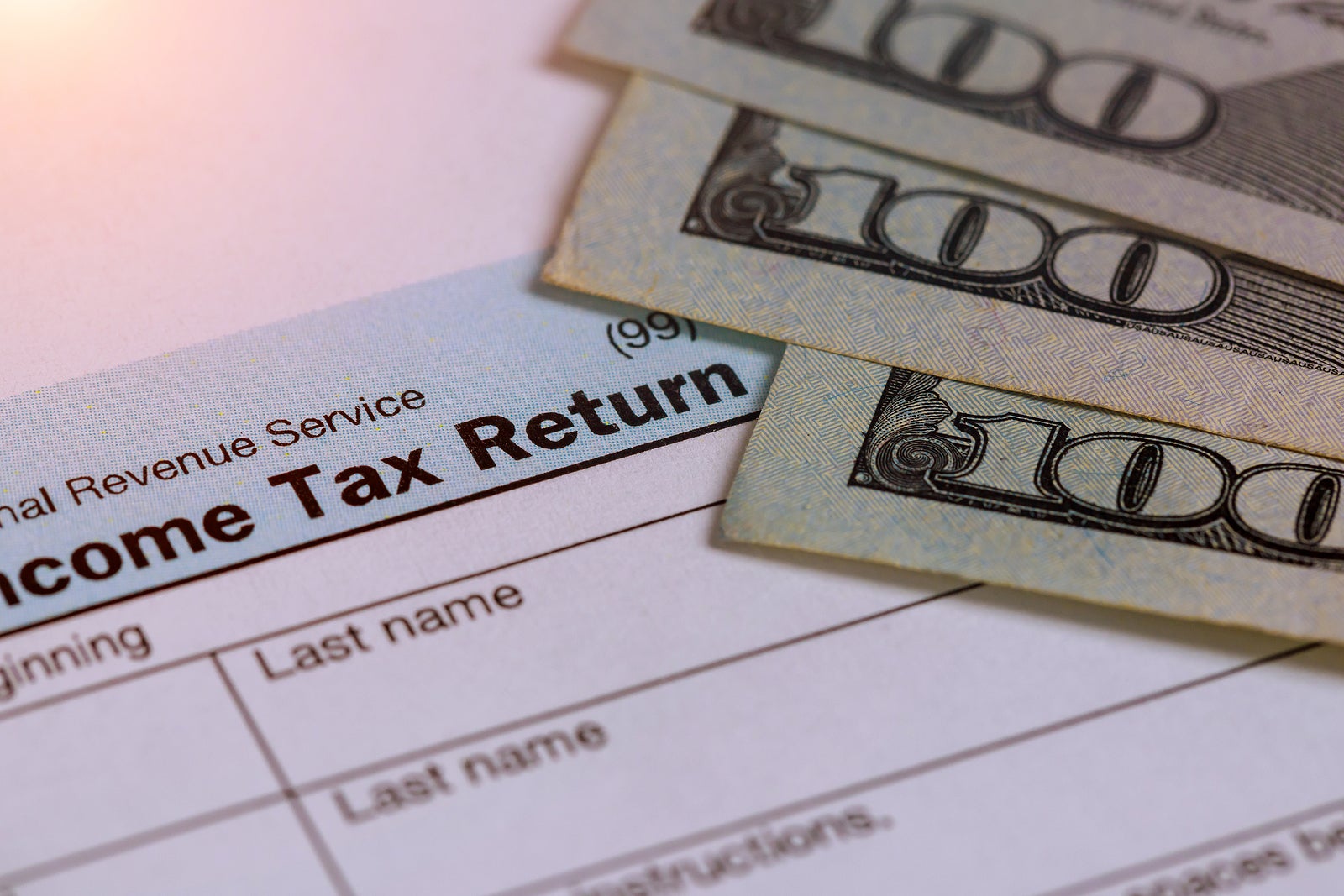
While it can be a lot of work to have to keep everything in order, there are perks to being self-employed as well. Not only do you get the freedom of being your own boss and making these decisions for yourself, but there are all kinds of incentives and deductions you can take advantage of to lower your costs.
One of these perks is the self-employment health insurance tax deduction. This is a deduction that encourages you to get effective health care by giving you a chance to decrease your tax liability. Find out all about it and make sure you know what you’re doing when it’s time to file your taxes.
1. It Reduces Your Taxable Income
This health insurance deduction is one of many tax deductions for small business owners that should be common knowledge. If you are self-employed, it allows you to deduct your health insurance premiums from your adjusted gross income, which means you have less taxable income.
Any kind of self-employment health insurance, dental insurance, or qualified long-term care insurance should qualify. This benefit is an above-the-line deduction, which means that the money you use to pay those premiums is essentially tax free.
With a lower AGI, you may be more likely to qualify for other helpful tax credits and benefits. You might even drop to a lower tax bracket if you were on the fence between two.
2. You Must be Self-Employed Without Another Option
The primary requirement for eligibility for this benefit is to be self-employed. You can be the sole proprietor or a partner in a small business, an independent contractor, or even a wage-earning partial owner of an S-corporation.
This benefit is meant to support health insurance when you’re self-employed, for those that don’t have access to employer-sponsored health insurance plans. Therefore, if either you or your spouse are able to participate in an employer-based plan, then you shouldn’t be able to get this benefit.
If you can get health insurance through an employer, they will take the premiums out of your pay. This deduction essentially allows you to do the same thing as your own employer. You are taking the premiums out of your pre-tax pay.
3. The Deduction Can’t be Greater Than Your Income
One small loophole is that you can’t deduct your healthcare premiums from your income if you have premium expenses exceeding the income you earned through self-employment.
Your health care premiums are supposed to be taken out of your self-employment income, so if your business reports a loss or you don’t have enough income to pay your premiums, then it doesn’t make sense for you to be able to claim the deduction on your self-employment tax return. Your income from self-employment must be equal to or greater than your health insurance deduction.
4. Medical Bills May be Deductible
While your health insurance premiums are deducted from your income pre-tax, qualifying medical expenses can also be deducted from your final tax bill. You will have to file for these costs as itemized deductions.
Medical bills deductible from your tax liability have to add up to more than 10% of your adjusted gross income. (Before 2019 the requirement was only 7.5% of AGI.) You can receive medical and dental expense deductions for many different services and treatments received and paid for within the last tax year. Here are just a few of the medical expenses you can count:
- Diagnosis, cure, treatment, and prevention of disease
- Fees paid to medical professionals, including psychiatrists, chiropractors, and nontraditional medical practitioners
- Insulin and drugs that require a prescription
- Inpatient or residential care
- Dental care treatments
- Vision care expenses including glasses or contacts
- Medicare premiums reported with Social Security benefits
It’s Always Worth Having Health Insurance
The goal of the self-employment health insurance deduction is to encourage more individuals to sign up for health insurance, even if you don’t qualify for a simple, employer-sponsored plan. You never know when you or a loved one might get sick, so you need to get health insurance to have a support system to be able to fall back on.
Don’t let the cost of health insurance scare you away, as the costs of not having it are far higher. And once you do have health insurance, be sure to claim a deduction for your premiums and itemize your medical expenses if you have enough to make them worthwhile.
If you don’t qualify for self-employment deduction or for itemizing your costs, you should still be on the lookout for other possible tax benefits you can get from whatever health insurance option you do have, like a flexible spending account or health savings account through an employer.
There’s no good reason to put off signing up for health insurance if you haven’t already. You might consider working with a tax professional as well to ensure you’re utilizing all the possible tax benefits and deductions that are available to you and your small business.












